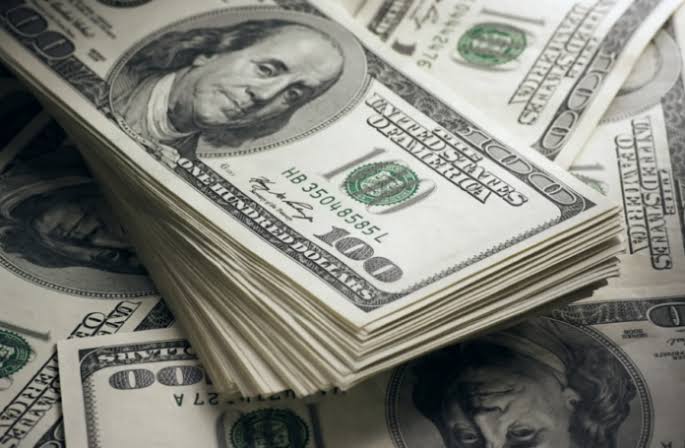Islamabad: In the first half of the current fiscal year, Pakistan’s Tehreek-e-Insaf (PTI) government received another $1.2 billion in foreign loans last month, bringing new borrowings to $5.7 billion, yet again blaming the previous government for some of its own faulty policies.
The government received $5.7 billion in foreign loans from various sources of funding between July and December of fiscal year 2020-21, the Ministry of Economic Affairs said on Wednesday.
It said that for the current fiscal year, gross inflows were 46 percent of the annual budget forecast of $12.2 billion. The government obtained $1.2 billion in foreign loans in December, including $434 million from commercial banks, the most costly loans.
Almost 87% of the international loans were for the funding of the budget and the construction of foreign exchange reserves, which implies that they were not used for the development of properties. Approximately $5 billion was obtained by Pakistan as a result of budget financing and balance of payments support, which would be repaid by the country after taking new loans as no revenue-generating assets were generated by the use of those loans.
As official statistics show, Pakistan obtained $434 million in new foreign commercial loans in December. Another $413.5 million was disbursed by Dubai Bank, raising its lending to Pakistan to $815 million in the past six months.
London’s Standard Chartered Bank gave $20 million, raising its six-month loans to $220 million.
Pakistan also obtained two loans from Emirates NBD bank in the first year, amounting to $370 million.
The debt and fiscal policies that were similar to the policies implemented by the last PML-N government were pursued by the PTI government.
Because of these measures, at the end of November 2020, central government debt soared 11.5 percent to Rs35.8 trillion on an annualised basis.
The Ministry of Finance said that “the previous government, without maintaining adequate cash buffers, resorted to short-term debt instruments and relied heavily on SBP borrowing.” This short-term debt profile has contributed to a high cost of interest on past debt. “
The abrupt weakening of the exchange rate, which was unavoidable because the overvalued exchange rate caused a balance of payments crisis, has resulted in a substantial increase in public debt.
Interestingly, in the past couple of days, the federal cabinet and the ECC have approved tax exemptions for floating Eurobonds, Panda bonds, sugar imports and firefighting equipment.
“During the tenure of the current government, the increase in debt occurred mainly during FY19 as an inevitable consequence of the previous government’s erroneous policies,” the finance ministry said.


